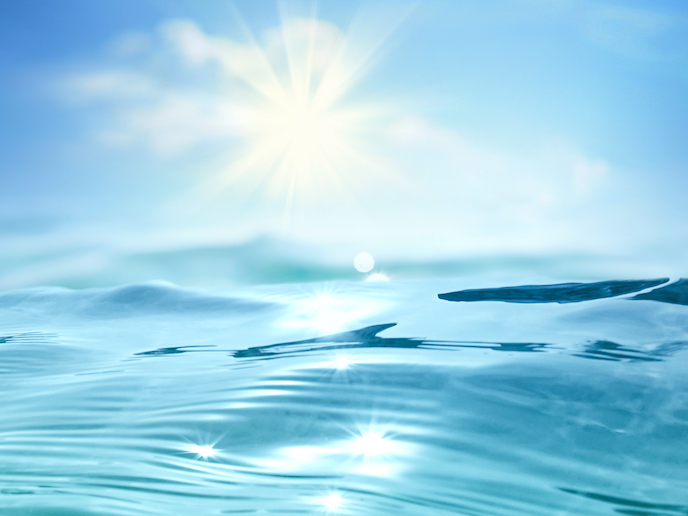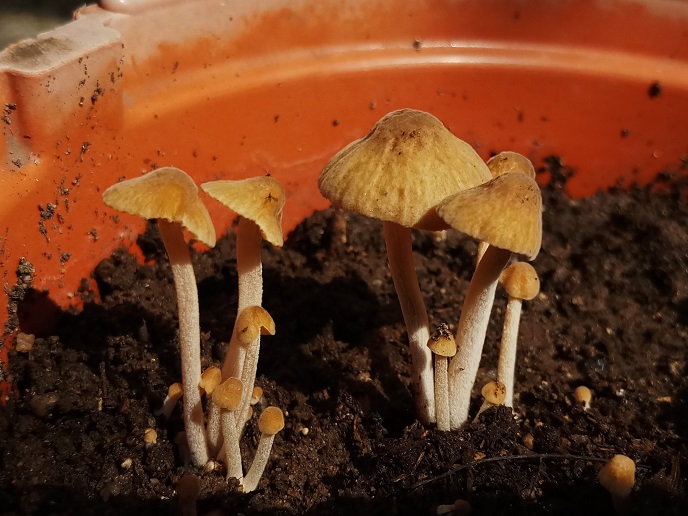Advanced, self-disinfecting membranes produce drinkable freshwater
Climate change and a growing world population are putting sources for clean drinking water under increasing strain. As such, there is a current global shortage of freshwater sources. The EU-funded Enhanced-MUMs project aims to address that and has developed a cost-effective membrane that can be used to reuse wastewater and desalinate seawater. “The key aim of Enhanced-MUMs is the development of multifunctional, photosensitive, low-cost and durable composite membranes for integrated water treatment and desalination,” says Barbara Ventura(opens in new window), senior researcher at the Institute of Organic Synthesis and Photoreactivity(opens in new window) in Italy. The flexibility and durability of the membranes means they can be used in a variety of operation systems, as a portable device or a part of a water treatment or desalination plant.
An ideal membrane
The micrometric pores make Enhanced-MUMs membranes highly permeable. “We could also obtain membranes with pores in the nanometric range, which can work under high water pressures and remove salts from water with high performances,” adds Ventura. Finger-like sponge structures are highly effective at removing pollutants from any water source. “They have been found to efficiently take up Azure A(opens in new window), a dye chosen as a model for water pollutants, thus cleaning water from the dye in both static and flow conditions,” explains Ventura, Enhanced-MUMs project coordinator. To prolong the lifetime of the membrane under high water fluxes, the team added carbon nanomaterials to the polymer solution prior to membrane fabrication. Fouling and the formation of biofilms on the membrane surface prevent long-term operation and are among the main limits of commercial filtration systems. The team added photosensitive elements that, upon absorbing light, can generate certain reactive oxygen species that prevent the formation of bacteria and biofilms on the membrane surface. This ‘self-disinfection’ property prolongs the lifespan of the membrane and thus of the filtration system. This research was undertaken with the support of the Marie Skłodowska-Curie Actions. “Thanks to the grant, the experienced research fellow, Rania Morsi(opens in new window), could implement her established expertise in polymer chemistry with the acquisition of new skills in photochemistry and optical methodologies,” Ventura notes.
Competitive advantage
In terms of filtration efficiency, Enhanced-MUMs membranes are comparable with state-of-the-art commercial filtration systems. These rely on polymeric or ceramic materials to remove contaminants through microfiltration and nanofiltration processes however, increasing the costs. Yet it is the combination of various design elements which really sets the Enhanced-MUMs membranes apart from the competition. “The breakthrough with respect to competitor water treatment systems resides in the use of biocompatible polymers, in the reinforcement of the mechanical properties of the base material and in the light-induced antifouling implementation. To the best of our knowledge, this multifunctional design is unprecedented,” says Ventura.
Global potential
The Enhanced-MUMs membranes are cheap, high-performance, durable and easy to scale up. They are also relatively low energy, which means they could prove very useful in less developed parts of the world. “We envisage their use in low-resource locations, which are usually still the most affected by water shortages and droughts. We can address several Mediterranean regions which suffer from water scarcity, especially during summer, but this technology has the potential to be implemented in all the desertic areas throughout the world,” Ventura concludes.







